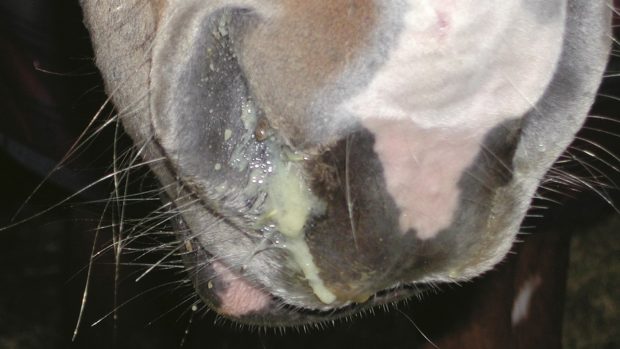A more consistent approach to equine-related planning issues could be in sight with the publication of a new government planning policy for the countryside.
Changes in the guidelines for local authorities (PPS7: Sustainable Development in Rural Areas) could make it more straightforward to obtain planning permission for essential accommodation at yards.
For the first time, the guidelines concede occupational dwellings may be required in isolated locations for reasons other than agriculture and forestry, and recognise that some rural ventures make little money yet may need a dwelling on site.
Planning issues for horse owners were highlighted recently by event rider Brynley Powell’s fight, and successful appeal, against a local authority order to pull down his yard.
The move comes as a direct result of industry and government co-operation, via the British Horse Industry Confederation (BHIC), DEFRA’s horse industry team.
Cathy McGlynn, consultant on government matters to the BHIC, says: “The BHIC has been working on this for a couple of years with DEFRA and the horse team, led by Des Coles, has been brilliant. This is a tangible result of co-operation with the industry.”
Nationwide figures for the number of rejected equestrian-related planning applications are not available, but McGlynn, who used to work at MAFF, confirms: “The old planning guidelines have been stopping the growth of the horse industry.
“In the racing world alone, quite a few applications have been turned down even though it’s necessary for people to live on yards or studs. The Thoroughbred Breeders’ Association has several on file at the moment.”
The necessity for supervision on welfare grounds can be vital in proving that accommodation is essential, and was a crucial part of Brynley Powell’s successful appeal.
Vet Karen Coumbe says: “Frequent, regular supervision is the best thing for animal welfare. The call I dread is from the person who goes to the yard in the morning and finds a horse colicking. Colics do tend to happen in the middle of the night, and there are undoubtedly yards where a lack of supervision causes problems.”
Rebecca Wilson, director of planning specialist Equine Consultancy Group, says: “In the past, some local authorities would use the agricultural dwellings policy for equestrian applications, only to be told that they shouldn’t have done so. Decisions now should be more consistent.
“You can demonstrate that without someone living on site your business activities will be compromised. There is not a prescribed number of horses which will require a greater functional need than others, although it is generally accepted that Thoroughbreds and broodmares will need closer attention than, say, native ponies.
Jemma Stennett from rural planning firm Acorus, says: “PPS7 acknowledges the same need for somebody to be on site for horses as it does for, say, suckler cows. It’s going to open more doors for people with equestrian businesses as long as they can show that there’s a functional requirement and that the business is sustainable.”
What PPS7: Sustainable Development in Rural Areas says
It continues: “These policies should provide for a range of suitably located recreational and leisure facilities and. . .for the needs of training and breeding businesses. They should also facilitate the re-use of farm buildings for small-scale horse enterprises [involving up to 10 horses] that provide a useful form of farm diversification”
|
||
 |
||


 Get up to 19 issues FREE
Get up to 19 issues FREE TO SUBSCRIBE
TO SUBSCRIBE 



